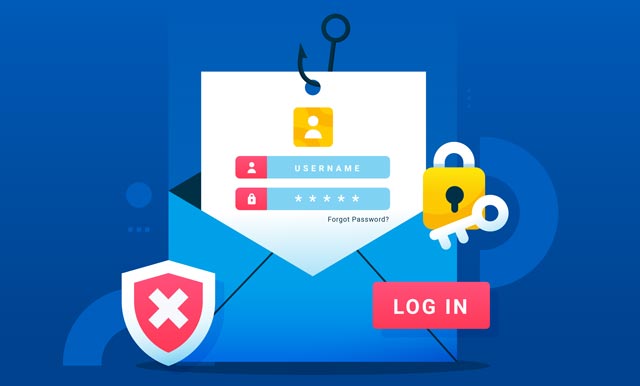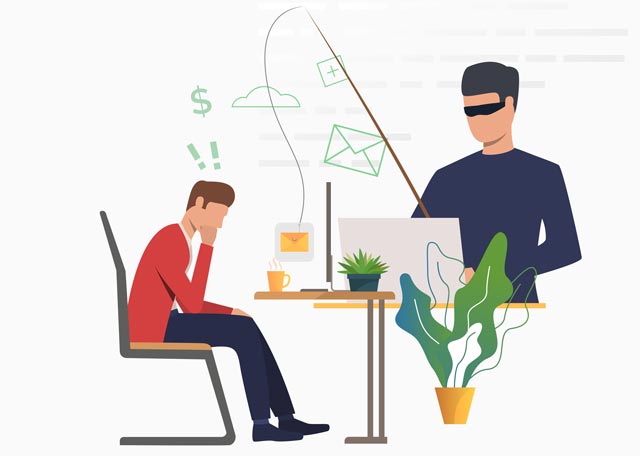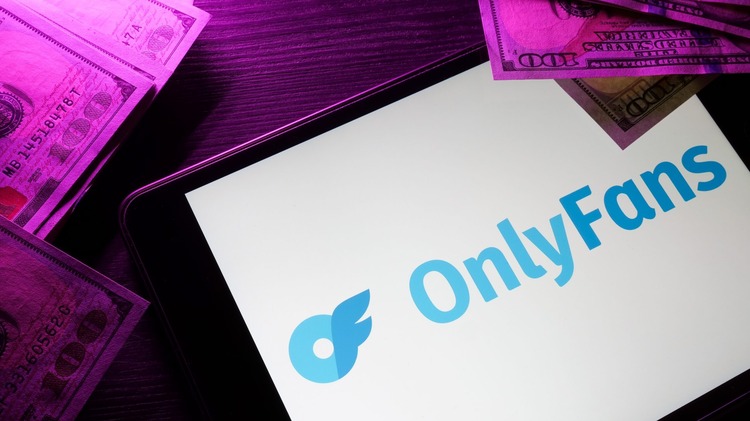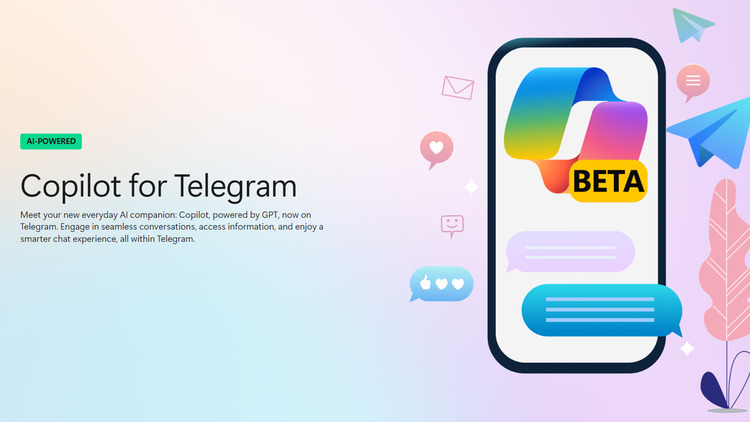What is Email Fraud? | How to avoid becoming a victim of email fraud?

Most of you have your personal email account. We need an email account not just to send emails to our friends and family members but also for opening a social media account, online gaming account, and another online account. Our email account has become an integral part of our life. As you will grow up, the utility of your email account will increase you will use your email account for connecting with banks, mobile service providers, communicate with your college, etc. It is very important to learn how to safeguard your email account.
Table of Contents
Do you know we all get unwanted emails regularly?
Have you noticed a spam email box in your email account? Most of the email provider has the facility of spam box where unwanted emails are transferred. Email Fraud is a very common and least expensive method used by cybercriminals to compromise other email accounts for personal gain or to cause damage to an individual.
How its work?
There are many ways a cybercriminal can use an email to trigger an attack on your system or collect your important personal information. You may have here about phishing, Vishing, etc. You can read about these online but here let’s try to understand in a very simple way how email fraud can happen.
- A cybercriminal sitting anywhere in the world can send your email from a fake account that looks like a genuine account, for example, you may receive a mail from your gaming portal or social media platforms where spellings of the service provider or email id will be slightly changed – “[email protected]”. Have you noticed that the spelling of “gaming” is incorrect? These types of emails contain links that would redirect you to any other page where you would be asked to enter a password/credential for the technological upgrade, compliance, or other fake reasons (which may sound genuine). And finally you in achieving your credential to Cybercriminals.
- Another way commonly used by cybercriminals is sending an email with a document (MS Word or Excel file) with malware (dangerous programs that can impact your computer) attached to it. The title of the email or document can be very appealing to you such as tips to win a famous online game or tips to receive free coins for the famous online game or any other appealing title. If you open such a document, the malware may get installed on your computer or mobile. This malware could send important credentials information from your computer like password, login ID, etc. to cybercriminals on a regular interval.
- Another common email fraud is when a cybercriminal sends you an email informing you that you have won a lottery or a surprise gift or your distant relative Overseas has left a fortune for you. The offer is so lucrative that you open the email and respond to it. The cybercriminal asks for your personal details and bank details for transferring the winning amount. They may also ask you to deposit a processing fee to enable them to transfer the winning amount. All such emails are generally fake and the intention is to get your personal details on money from you. As a child, you may not have a bank account but you still receive emails. You should also share such emails with your parents so that they can protect themselves.
- Email account hacking is another common way used by cybercriminals. They may use malware or other tricks to obtain your email id and password. Once your email account is hacked, cybercriminals can use it to get access to your critical information like social media accounts, bank account, etc. They can also send offensive emails to all your contacts.
- Another common trick used by a cybercriminal is to hack your email and impersonating your profile and seeking financial help from all your family and friends who are in your email address book. Have you ever received an email from someone who knows you asking for financial help as he or she is in an emergency with limited access to the phone or his/her bank account?
Concerned about email frauds? Don’t worry… with awareness and precautions you can use email without any fear. You need to be careful and follow safeguards to protect yourself and your friends against email fraud.

Let’s discuss how you can protect yourself from becoming a victim of email fraud. Don’t forget to share these suggestions with your family and friends.
- The first important step is to safeguard your own email id so that it is not hacked or compromised easily. For this, you must use a complex password and change it periodically. A simple password like “password 123” your name and date of birth are too easy for cybercriminals to guess. Use alphanumeric combinations to set a strong password.
- you can use two-factor authentication for login. This feature is provided by most email service providers. Two-factor authentication allows you to log in to your account with the “Password + OTP” received on your mobile phone. This is a good security feature and may help you in keeping your account safe.
- Never share the password of your email account with anyone. Sharing passwords may compromise your email account. Don’t click on links or attachments from an unknown sender.
- If you are using a computer of your friend’s computer in a cybercafe to access your email account, make sure you don’t click yes for the “remember password popup” which generally comes when you log in from a new computer. You must never allow any computer to remember your password (this means the password will not require login to your account on that system). Always remember to sign out from your email account after using it. Always change your password once if it has been accessed from a public computer like a cyber cafe.
- If you are accessing email on your mobile phone, remember to keep a strong password to access your phone.
- If your email account is hacked/compromised then send an alert email or message to all your contacts and warn them not to open the links/attachment from your email id. Immediately reach out to your email service provider through the help page and request them to temporarily block your email account. Try to retrieve your password and change your password immediately.
- Never install unwanted software and apps from unknown sources. Never click on links or files received from an unknown person on your email or over message. This may be an attempt to infect your computer/ phone with malware.
- If you receive an email about winning a lottery or a great offer, Please don’t respond to it or share your personal information like name, address, bank account details, etc. If you receive an email from your service provider about an update or any other genuine reason, verify the sender’s email id carefully. Check if there is any spelling mistake. Avoid clicking on links from such emails. Try to connect with the service provider to check if the email is genuine.
- If you receive an emergency email from your friend or relative asking for financial help, try to connect with that person over the phone or through other known people to validate the authenticity of the email. It might be possible that his or her account has been hacked and used to send such email.
- Be watchful and develop a habit to change passwords and regular intervals, ignore emails from unknown sources, and restrict yourself from sharing personal details on email or links/documents received from unknown sources.
You May Also Read
- What is Online Transaction Fraud? | How to avoid being a victim of online Transaction Fraud?
- Be Alert with this type of risks associated with Online Gaming
- What is Cyber Grooming? | How to avoid being a victim of cyber grooming?
- What is Cyberbullying? | How to be avoided being a victim of Cyberbully?
- Be Aware of Fake KBC & All India SIM Card WhatsApp IMO Lucky Draw Fraud




